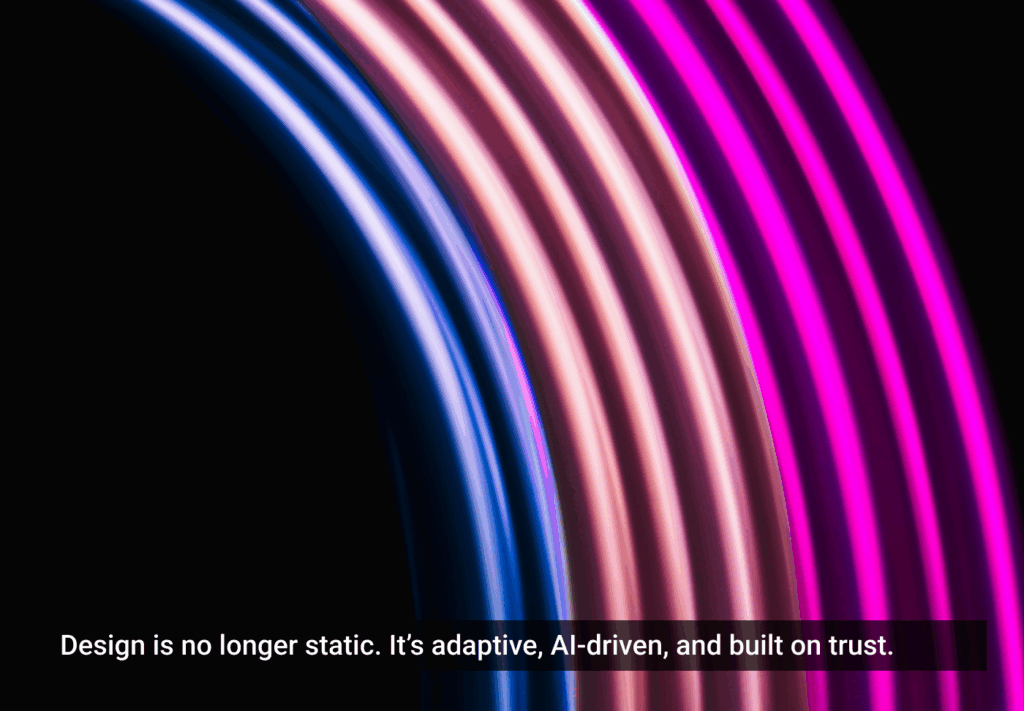Help us find the best examples of UX from 2014 and Rosenfeld Media will give you a free book. UX Magazine presents the Design for Experience awards each year and we need your help finding worthy candidates. If you know of any individuals, organizations, or products that demonstrate a thorough understanding of experience design, submit a recommendation using the form below.
Be sure to include the name of the company, organization, team, individual, product, or service you’re recommending, along with the reason for the recommendation and your email address. Once we’ve confirmed that your recommendation is valid, we’ll send you a one-time download code for a free digital book from the Rosenfeld Media catalog. You are encouraged to make as many recommendations as you like, but we can only send one download code per user.







